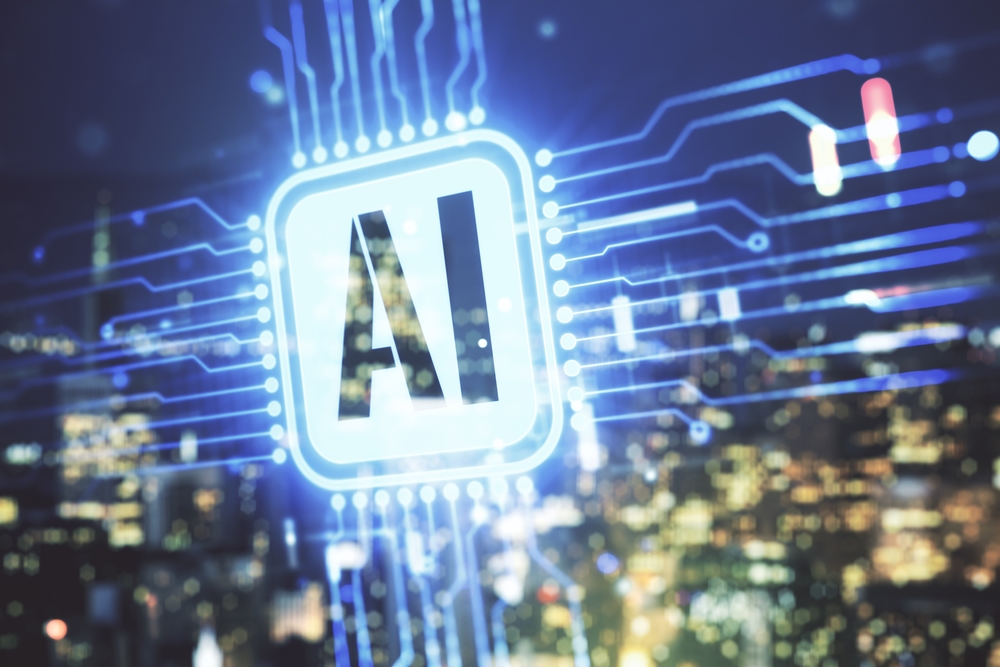
14 Nov Exploring the Essence and Challenges of Artificial Intelligence: A Comprehensive Insight
In the labyrinthine corridors of modern technology, artificial intelligence (AI) stands as both a beacon of promise and a source of perpetual debate. At its core, AI is the branch of computer science that aims to simulate human intelligence in machines, allowing them to perform tasks that typically require human cognition —learning, reasoning, problem-solving, perception, and language understanding.
Recent years have witnessed AI technology advancing at a dizzying pace, fuelled by exponential growth in computing power, data availability, and breakthroughs in machine learning algorithms. These advancements have catapulted AI from the realm of science fiction into everyday reality, with applications ranging from simple task automation to complex decision-making systems that permeate various sectors including healthcare, finance, automotive, and customer service. The allure of AI lies in its potential to surpass human capabilities in processing speed and precision, offering solutions to some of the most pressing problems of our time. In medicine, AI algorithms are diagnosing diseases with accuracy rivalling that of seasoned professionals. In environmental science, they are predicting climate patterns and natural disasters with increasing reliability, while in the realm of security; they are identifying and thwarting cyber threats at an unparalleled rate. However, the ascendancy of AI brings with it a host of ethical, legal, and socio-economic challenges that must be scrupulously addressed. Foremost among these is the issue of job displacement, as AI systems automate tasks historically performed by humans. This disruptive potential could reshape labour markets and exacerbate inequality if not managed with foresight and societal consensus. Another salient concern is the ethical use of AI, particularly regarding privacy and surveillance. As AI systems become more integrated into daily life, the collection and analysis of personal data raise significant privacy concerns. Furthermore, the deployment of AI in surveillance systems by state and non-state actors could lead to infringements on individual freedoms and rights. The problem of bias in AI systems also presents a formidable challenge. Since AI algorithms are often only as unbiased as the data they are fed, historical and social prejudices can be inadvertently embedded into AI systems, leading to discriminatory outcomes. As such, there is a pressing need for diverse and inclusive datasets, along with transparent algorithmic processes to ensure fairness and accountability. Moreover, the question of AI’s decision-making process and its explainability is a hurdle for wider adoption, especially in areas where accountability is critical. The ‘black box’ nature of some AI systems means that the rationale behind certain decisions can be opaque, leading to trust issues among users and those affected by AI’s conclusions. As we sail into this brave new world of AI, international collaboration and regulation are becoming increasingly pivotal. Policymakers and technologists alike are called upon to draft and enforce regulations that harness AI’s potential while safeguarding against its risks. This includes establishing global norms for ethical AI development and usage, as well as frameworks for international cooperation on research and governance.
In conclusion, while artificial intelligence heralds a new epoch of technological empowerment, it is imperative that its evolution is guided by a balanced approach that considers the multitude of ethical, legal, and societal implications. The future of AI is not a tale written in code, but one that unfolds through the collective actions and decisions of humanity. By embracing responsible innovation, we can steer AI towards a future where it serves as a force for good, augmenting human potential and addressing the complex challenges that face our global community.
Resources:
1. LeCun, Yann, Yoshua Bengio, і Geoffrey Hinton. “Deep learning.” Nature 521.7553 (2015): 436-444.
2. Silver, David et al. “Mastering the game of Go with deep neural networks and tree search.” Nature 529, 484–489 (2016).
3. Jordan, Michael I., і Tom M. Mitchell. “Machine learning: Trends, perspectives, and prospects.” Science 349.6245 (2015): 255-260.
4. Mnih, Volodymyr, et al. “Human-level control through deep reinforcement learning.” Nature 518.7540 (2015): 529-533.
5. Hochreiter, Sepp, і Jürgen Schmidhuber. “Long short-term memory.” Neural computation 9.8 (1997): 1735-1780.
6. Sutton, Richard S., і Andrew G. Barto. “Reinforcement Learning: An Introduction.” MIT Press, 2018.
Keywords: Artificial Intelligence, Computer Vision, Deep Learning, AI Governance, Cybersecurity, AI Ethics, Predictive Analytics, AI Surveillance, Societal Impact of AI,
Author(s): Oksana Tsukan, Kharkiv National University of Internal Affairs




